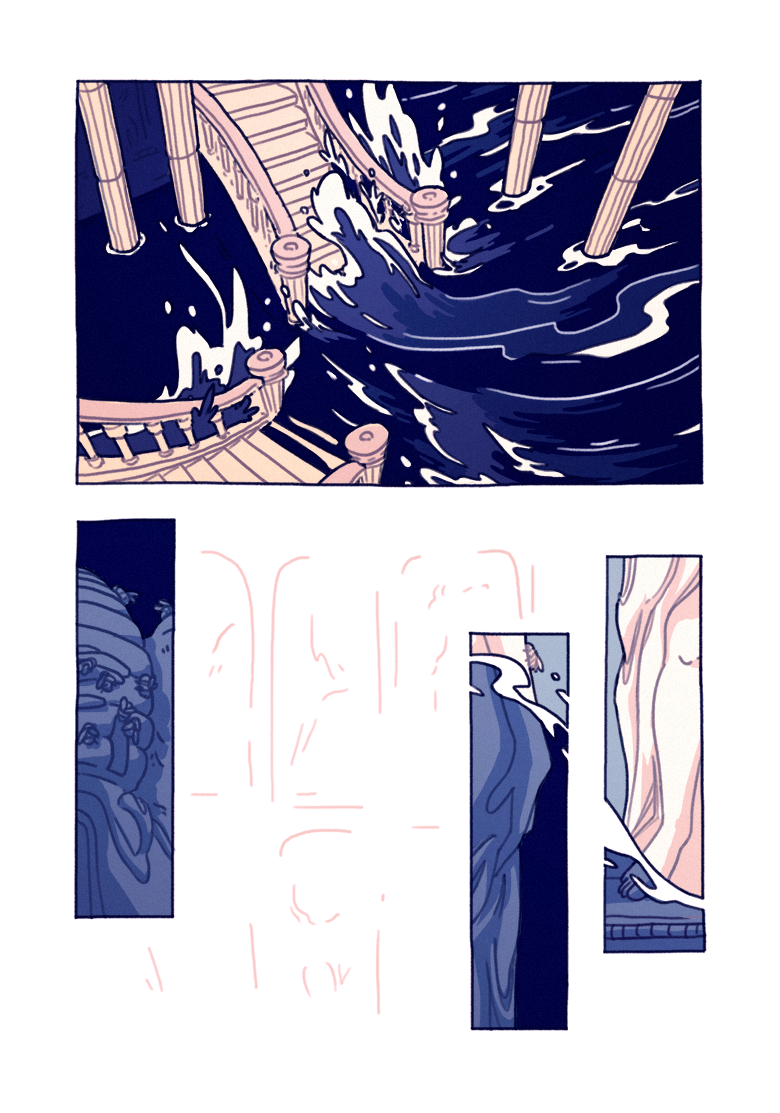

There’s stuff in Strange & Norrell no normie could know, like the secret ingredient of regret-colored pigment (“the tears of spinsters of good family, who must live long lives of impeccable virtue and die without ever having had a day of true happiness”). The only possible conclusion is: Clarke is writing from experience. Whatever it takes, because Faerie is the wellspring of magic, magic which seems to have trickled out of England sometime in the 1500s. In Strange & Norrell, Clarke reports on the various ways an enterprising soul might make it to the fairy realm, which is located, difficultly, “behind the sky” and “on the other side of the rain.” Mirrors help, if you know the enchantment if you don’t, make friends with an evil fairy king who desires your soul. Clarke has indeed been there and back again. Clarke herself, in a rare interview, told The New Yorker, “You really shouldn’t annoy fairies, or write about them-they don’t like it very much.” Given that Clarke has now released a second dispatch from Faerie, called Piranesi, which plunges far deeper than Strange & Norrell ever did into those forbidden fortresses from which the un-mad and mortal among us are forever barred, perhaps there’s no better explanation. “It was as though she’d been captured into the land of Faerie, as if she had been taken away from us,” Clarke’s editor told New York magazine.

If this strikes you as cutesy, tidy, annoying, even a bit disturbing, a romanticization or fancification of what sounds like a period of immense torture for Clarke and her loved ones, consider their own words.

The ways and reasons of the Fae are little known to common folk. Or else they meant to punish Clarke for her betrayal, for spilling their precious secrets, by enfuzzing her beautiful brain. The official story was debilitating mental illness-housebound, couldn’t write-but clearly her fairy patrons had come for her, to reclaim their erstwhile princess. After the publication, in 2006, of The Ladies of Grace Adieu and Other Stories, a collection of fairy tales written around the same time, and in the same world, as Strange & Norrell, Clarke went poof. The events that followed only proved Clarke’s preternatural pedigree. You simply haven’t read your hidden history. That’s not how it happened, you say? Why, yes it is. It was as if she’d been there, to England, at the time of Napoleon, when those two infamous magicians, the bookworm Norrell and his perky pupil Strange, tapped into unearthly powers to impress politicians, move mountains, and defeat the French. Ten years in the making and 846 (footnoted!) pages long, Jonathan Strange & Mr Norrell was ethnography, lore.

In 2004, Clarke published what can only be described as her first dispatch from the land of Faerie. If you buy something using links in our stories, we may earn a commission.


 0 kommentar(er)
0 kommentar(er)
